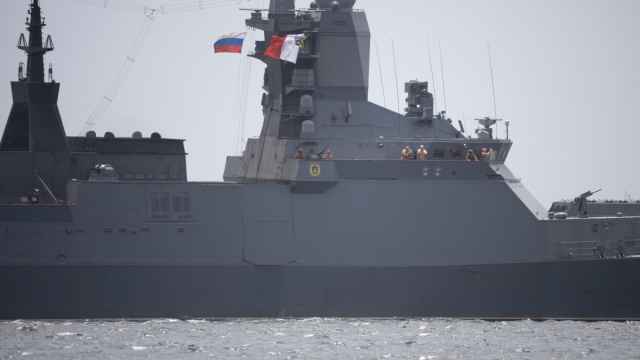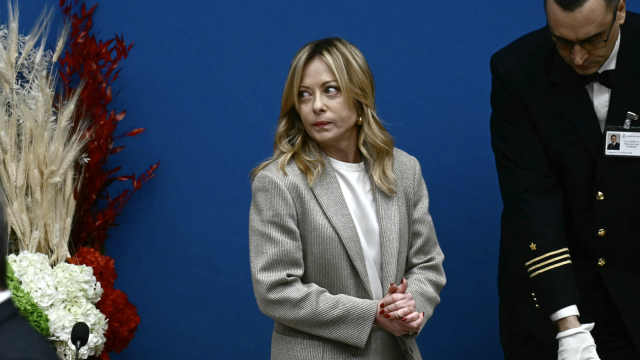SANTIAGO, Chile — U.S. Defense Secretary Robert Gates warned on Saturday that failure to ratify the New START nuclear treaty would have "significant consequences" and could affect U.S.-Russian cooperation on issues like Iran's nuclear program and the Afghanistan war.
"It isn't just limited to this narrow subject but reflects on the relationship as a whole," Gates told a news conference in Santiago after meeting with Chilean Defense Minister Jaime Ravinet.
Gates noted that Moscow had been very cooperative over the past two years, helping to set up the northern route for supplying NATO forces involved in the Afghanistan war and supporting a UN resolution imposing sanctions on Iran over its nuclear program.
"So what happens to all of these political relationships, the impact on the internal political situation in Russia if this treaty is voted down? These are all unknowns, but I think potential worries, if the treaty isn't ratified," Gates said.
"The reality is, despite what anybody says, I as secretary of defense and the entire uniformed leadership of the American military believe that this treaty is in our national security interest."
U.S. President Barack Obama appeared to be headed for a showdown with Senate Republicans over New START after an influential Republican senator said there was not enough time to resolve outstanding differences over the accord before the new year.
Obama's Democrats believe the treaty could be even more difficult to pass when a new Congress takes office next year because their majority will shrink due to election losses in November.
The New START agreement commits the United States and Russia to cutting deployed nuclear weapons by about 30 percent, to no more than 1,550, within seven years. It also creates a new verification program to replace the one that expired last December with the end of the original START treaty.
Gates said failure to ratify the treaty would leave the United States with no ability to conduct on-site inspections of nuclear installations in Russia.
"The … measures that have been developed in previous strategic agreements with the Russians in terms of verifying what their capabilities are in monitoring and keeping track of their strategic developments, we lose all of that on an enduring basis if the treaty isn't passed," he said.
Gates said the Pentagon did not believe the treaty would limit the U.S. ability to develop missile defense systems, a criticism of some Republican senators.
He also noted that failure to ratify the treaty would mean no funding for nuclear modernization. Funding to bring the U.S. nuclear arsenal up to date has been one of the sticking points in winning Republican support for the treaty.
The Obama administration has pledged $80 billion over the next decade to modernize U.S. nuclear forces, and agreed to add another $4.1 billion over five years after consultations with Republicans. Gates said failure to ratify the treaty would jeopardize that funding.
"Support for the treaty also would bring support for the modernization of the U.S. nuclear enterprise," he said. "I think the failure to ratify the treaty puts that at high risk. So I think that there … would be significant consequences in the failure to ratify the new start treaty."
A Message from The Moscow Times:
Dear readers,
We are facing unprecedented challenges. Russia's Prosecutor General's Office has designated The Moscow Times as an "undesirable" organization, criminalizing our work and putting our staff at risk of prosecution. This follows our earlier unjust labeling as a "foreign agent."
These actions are direct attempts to silence independent journalism in Russia. The authorities claim our work "discredits the decisions of the Russian leadership." We see things differently: we strive to provide accurate, unbiased reporting on Russia.
We, the journalists of The Moscow Times, refuse to be silenced. But to continue our work, we need your help.
Your support, no matter how small, makes a world of difference. If you can, please support us monthly starting from just $2. It's quick to set up, and every contribution makes a significant impact.
By supporting The Moscow Times, you're defending open, independent journalism in the face of repression. Thank you for standing with us.
Remind me later.





